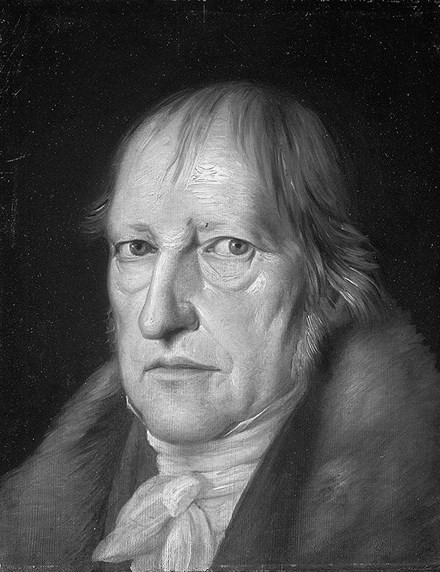

The notion of absolute
Hegel and Hiralal Haldar
pp. 103-118
in: Sharad Deshpande (ed), Philosophy in colonial India, Berlin, Springer, 2015Abstract
This essay discusses the notion of Absolute as developed by Hiralal Haldar in response to Hegel and British neo-Hegelians of late 19th and early 20th century. The first section situates Haldar in the broader intellectual context of colonial India. The second and the third sections deal with the complexities of the notion of Absolute and its relation to finite selves . The fourth section addresses the question of the nature of Absolute (God ) and its relation to Man (human persons) and whether personality can be ascribed to Absolute . The fifth section discusses the issue of idealism and realism . Haldar develops the notion of Absolute which serves as dynamic principle of spiritual reconciliation between appearance and reality, between real and ideal, between matter and mind, and between science and spirituality . He critiques both subjective idealism and realism and develops what is called "realist idealism " which is the most favored metaphysical position prevalent in colonial India both among academic philosophers and public intellectuals.


